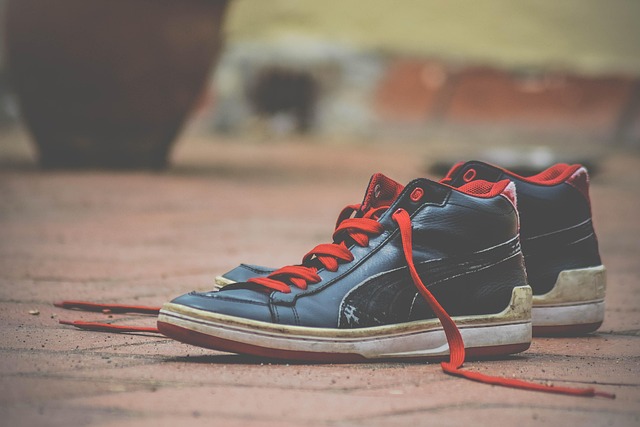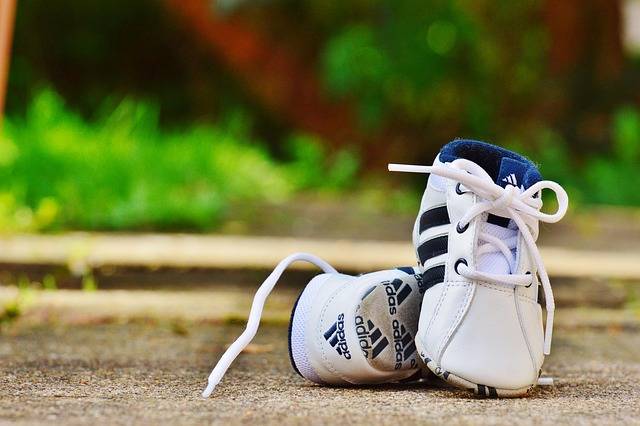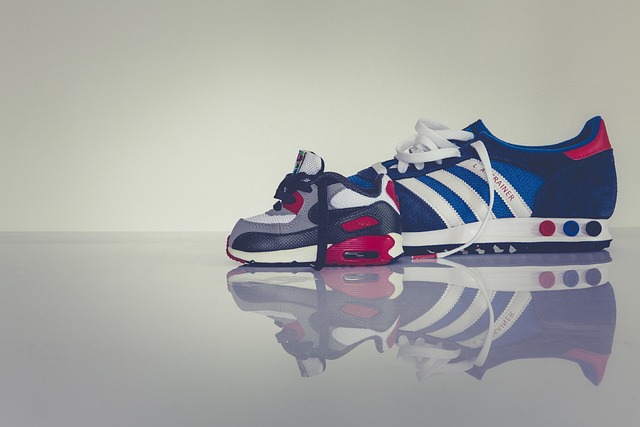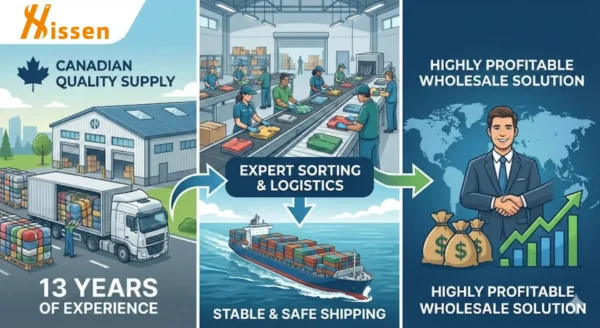You’ve probably seen it everywhere, right? The demand for 2nd hand branded shoes is just skyrocketing, and branded shoes are right at the top of that list. It seems like everyone is looking for a way to snag a pair of Nikes or Adidases without paying that fresh-out-the-box price. This isn’t just a niche hobby anymore; it’s a massive market. Because of this boom, the places where you can actually source these shoes have multiplied like crazy. But here’s the real challenge: it’s a balancing act. You’re hunting for shoes that are genuinely authentic, the real deal, while also trying to keep your costs low enough to actually make a profit. It sounds simple, but getting both right is the secret sauce to succeeding in this business.
The Main Sourcing Channels: Where to Look
So, where do you actually start looking? From what I’ve seen, the sourcing channels of 2nd hand branded shoes really break down into a few key areas, each with its own pros and cons.

1. Traditional Wholesale Markets
First, you have the massive, in-person wholesale markets. Think of those huge, sprawling hubs you find in parts of East Aisa, Southeast Asia, Africa, and the Middle East. These places are a full-on sensory experience—we’re talking literal mountains or bales of shoes, countless vendors shouting for your attention, and a whole lot of hustle. The main advantage here is the potential for rock-bottom prices and the ability to physically touch and inspect the product before you buy. You can find some incredible gems. However, the downside is obvious: it requires you to either travel there yourself or have an incredibly reliable agent on the ground. You also have to navigate language barriers and the complex logistics of getting your purchase shipped back home.
2. Major Online B2B Platforms
Next up are the giants of the online world—the huge B2B platforms that are basically global marketplaces. You know the ones. These sites are incredibly convenient because they bring together thousands of suppliers from all over the world into one searchable database. They often have helpful features like supplier verification badges, customer reviews, and even trade assurance programs that protect your payment. It’s a great way to get a feel for the market and connect with many potential suppliers without leaving your desk. The trade-off? Because everyone uses them, competition can be stiff, and you might not always find the absolute lowest price compared to going direct.

3. Direct B2B Websites
This is a bit different from the major platforms. I’m talking about the individual websites of the suppliers themselves. These are the direct online storefronts for specific wholesalers or recycling companies. The biggest pro of going this route is that you’re cutting out the middleman (the platform), which can sometimes lead to better pricing and a more direct relationship with the supplier. You might also find specialized sellers here who don’t bother with the big platforms. The risk, however, is significantly higher. You have to do all the vetting yourself, from verifying they’re a legitimate business to figuring out secure payment methods, as there’s no third-party protection if a deal goes south. It requires more digging but can pay off if you find a trusted 2nd hand branded shoes supplier .
Tips for Nailing Down Authentic Sourcing
Okay, so you’ve identified a few potential channels. This next part is absolutely critical, and it’s where a bit of diligence can save you a world of headaches. Getting this right is how you build a reputation for quality.
1. Do Your Homework on the 2nd hand branded shoes Supplier
Before you even talk about money, look into the 2nd hand branded shoes supplier’s background. Are they a registered business? How long have they been operating? Try to find real reviews or testimonials from other buyers, not just the perfect ones they feature on their own website. A supplier who is proud of their business will be transparent about their history and certifications. If they’re cagey about this stuff, that’s your first warning sign.
2. Samples and Grading Are Non-Negotiable
Never, ever place a large order without getting a sample first. It’s the only real way to gauge the quality you’re being promised. This is also where you need to understand the grading system of 2nd hand branded shoes, which is usually broken down into Grade A, B, and C.
- Grade A: This is the top-tier stuff. Shoes that look almost new, with minimal to no signs of wear.
- Grade B: Still in great shape, but you’ll see some minor scuffs, a bit of wear on the soles. Perfectly sellable.
- Grade C: These are noticeably used. They’re functional, for sure, but will have visible defects. A good supplier will have a clear, consistent grading process and will be happy to send you a sample batch so you can see their classification in person.
3. Check the Tiniest Details
When you get that sample, it’s time to play detective. Look at everything. Check the brand logos, the stitching, the placement of any anti-counterfeiting tags, and even the information on the 2nd hand branded shoes if they provide it. Counterfeits have gotten incredibly sophisticated, but they often slip up on the small stuff. If something feels “off”—the weight, the material, the smell—trust your gut.
If you want more information, you can check our guide on choosing 2nd hand branded shoes.

Conclusion
So, there you have it. Navigating the world of 2nd hand branded shoes is definitely a journey, but it’s one with huge potential rewards. It all boils down to a simple equation, really: Authenticity + Smart Pricing = Profitability. Finding genuine products protects your reputation, while sharp negotiation and sourcing strategies protect your bottom line. My best advice is to focus on building a stable, long-term supply chain with partners you can actually trust. It might take a bit more effort upfront, but it’s the most reliable way to build a successful business in this industry.

